Septic Tank 101: Understanding and Maintaining Your Home's Waste Water System
This is an informative article on Septic Tank System
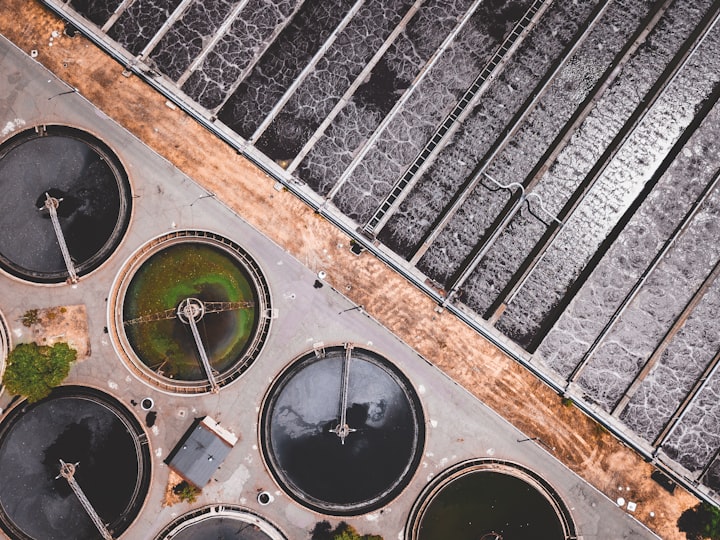
Septic tanks are essential for many homes and businesses not connected to a municipal sewage system. These tanks are designed to hold and treat wastewater from toilets, sinks, and other household fixtures. In this blog post, we will discuss the basics of septic tanks, including how they work, how to maintain them, and what to do when problems arise.
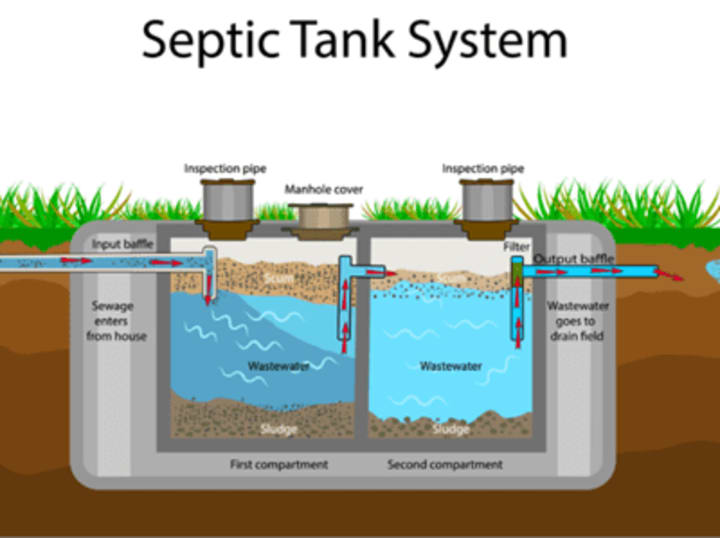
A septic tank is a large underground container typically made of concrete, fiberglass, or plastic. It is connected to the main sewer line of a home or business, and it receives all of the wastewater that is generated by the fixtures in the building. The wastewater flows into the tank, separated into three layers: solids, liquids, and scum.
To Get Information on Treating Your Septic Tank, Click Here
The solids, also called sludge, settle to the bottom of the tank, while the liquids and scum float to the top. The liquids then flow out of the tank through a series of pipes called a drain field, where they are absorbed into the ground. The solids and scum remain in the tank, where bacteria break them down.
The process of breaking down the solids and scum is called digestion, and it is a crucial part of the septic system. The bacteria in the tank feed on the organic matter, converting it into simpler compounds that can be safely absorbed into the ground.
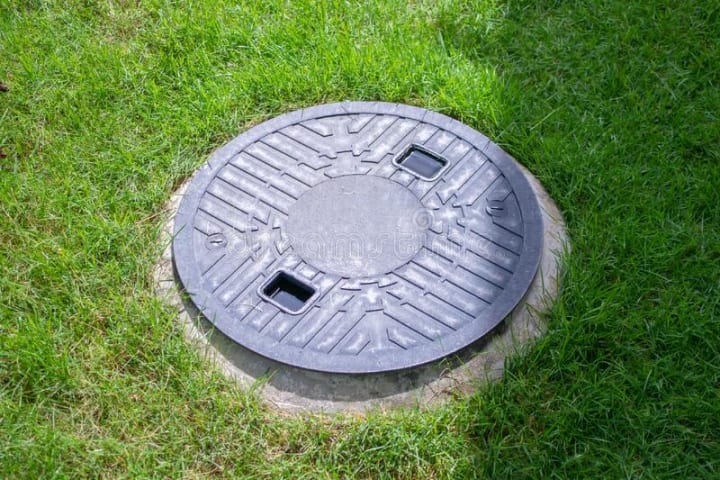
To ensure that the septic system is working correctly, it is essential to have the tank inspected and pumped regularly. The frequency of these inspections and pumping will depend on the size of the tank, the number of people living in the home or working in the business, and the amount of wastewater generated.
During an inspection, a professional will check the tank for leaks, cracks, and other damage. They will also check the drain field to ensure it is functioning correctly. The inspector will also measure the tank's sludge, scum, and liquid levels to determine if it needs to be pumped.
To Get Information on Treating Your Septic Tank, Click Here
Hiring a professional with the experience and proper equipment is essential for pumping. Pumping involves removing the solids and scum from the tank, which can be messy and challenging. The professional will also check the tank and drain field's condition and make any necessary repairs.
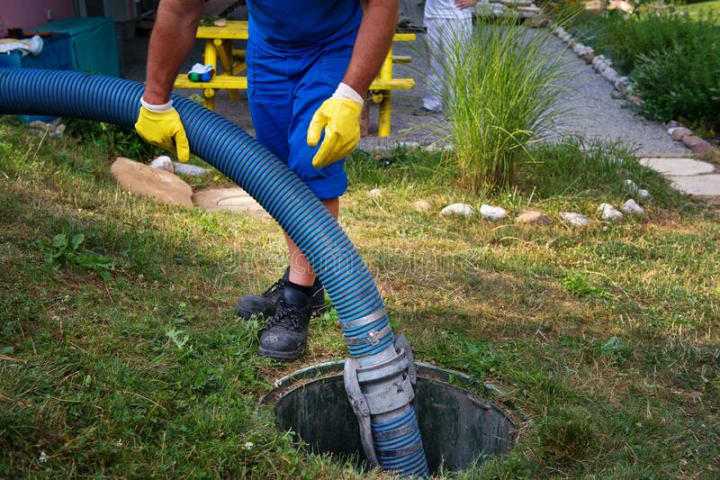
If you notice any problems with your septic system, such as slow drains, foul odors, or wet spots in the yard, please take care of them as soon as possible. These can be signs that the tank is full or the drain field is blocked. These problems can lead to serious damage and severe repairs if left untreated.
In addition to regular inspections and pumpings, there are a few things that you can do to keep your septic system in good working order. One of the most important things is to limit the water you use. This includes fixing leaks, taking shorter showers, and running the dishwasher and washing machine only when they are full.
Another critical step is to avoid flushing anything down the toilet that doesn’t belong there. This includes things like wipes, sanitary products, and cooking grease. These items can clog the pipes and cause serious problems.
To Get Information on Treating Your Septic Tank, Click Here
It would be best if you also were mindful of what you put down the sink, such as grease and oils, as they can cause blockages. It is also essential to avoid using chemicals like bleaches, drain cleaners, and pesticides, as they can harm the bacteria that live in the tank and disrupt the digestion process.
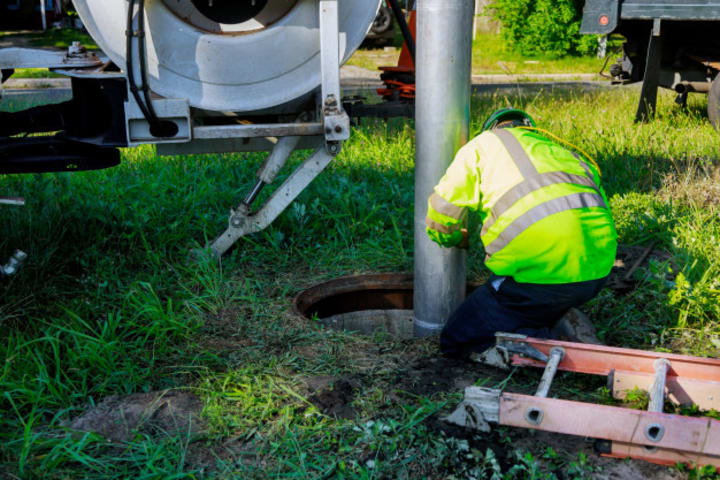
Finally, it is essential to be mindful of what you put in your yard. Avoid landscaping with plants that have deep roots, as they can damage the drain field and cause leaks. Also, do not drive or park heavy vehicles over the drain field, as this can compress the soil and make it difficult for the wastewater to be absorbed.
In conclusion, septic tanks are an essential component of many homes and businesses that need to be connected to a municipal sewage system. It is necessary to understand how they work, how to maintain them, and what to do when problems arise. Regular inspections and pumpings, limiting water usage, avoiding inappropriate flushing items and using chemicals, and being mindful of what you put in your yard are all crucial steps in keeping your septic system in good working order. Taking good care of your septic tank can avoid costly repairs and ensure that your wastewater is appropriately treated and disposed of.
To Get Information on Treating Your Septic Tank, Click Here
About the Creator
Wendle McElwee
Hello, I am Wendle, a talented freelance blogger from Texas. With over five years of industry experience, I have established myself as a respected voice in the writing world.






Comments
There are no comments for this story
Be the first to respond and start the conversation.